Back to Courses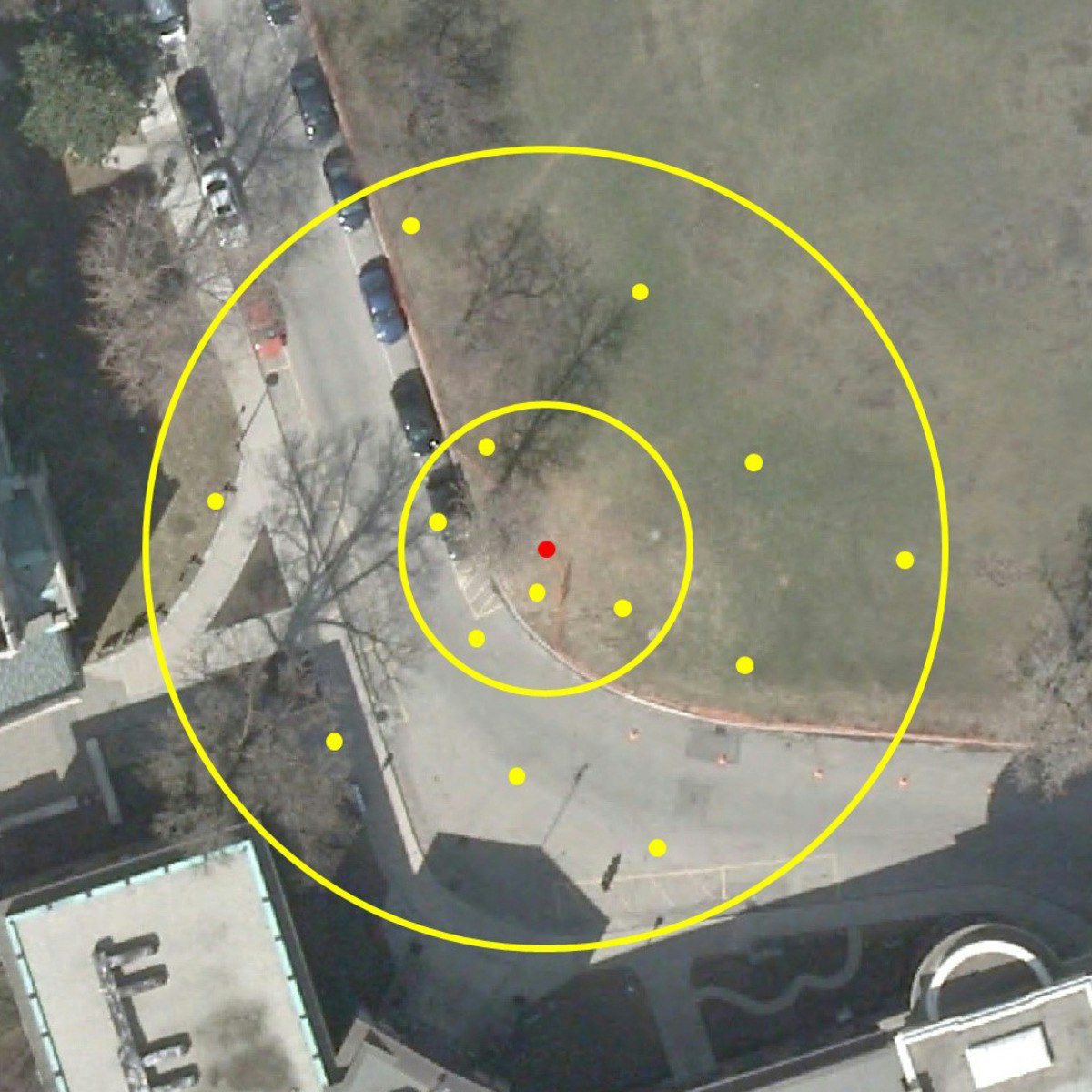

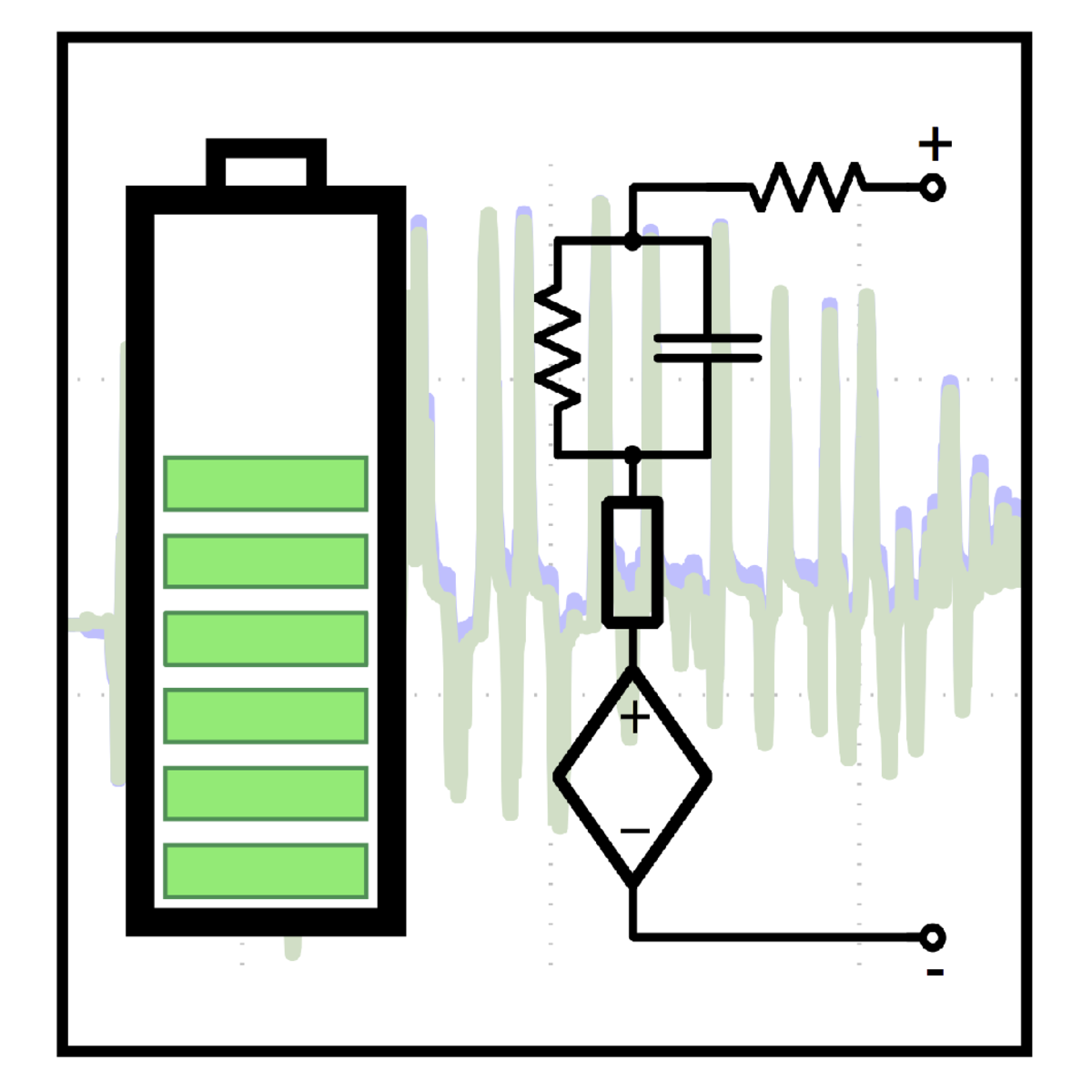

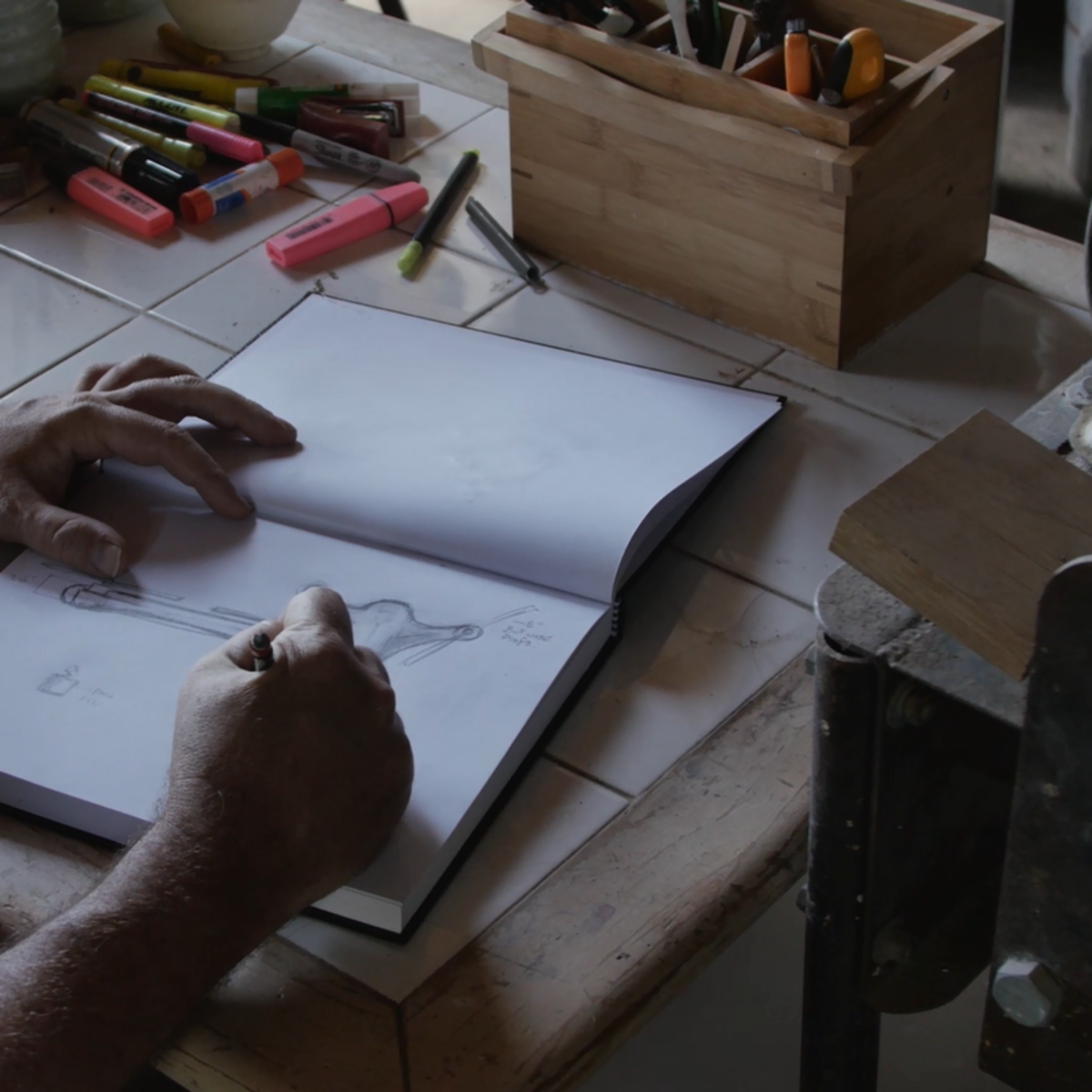

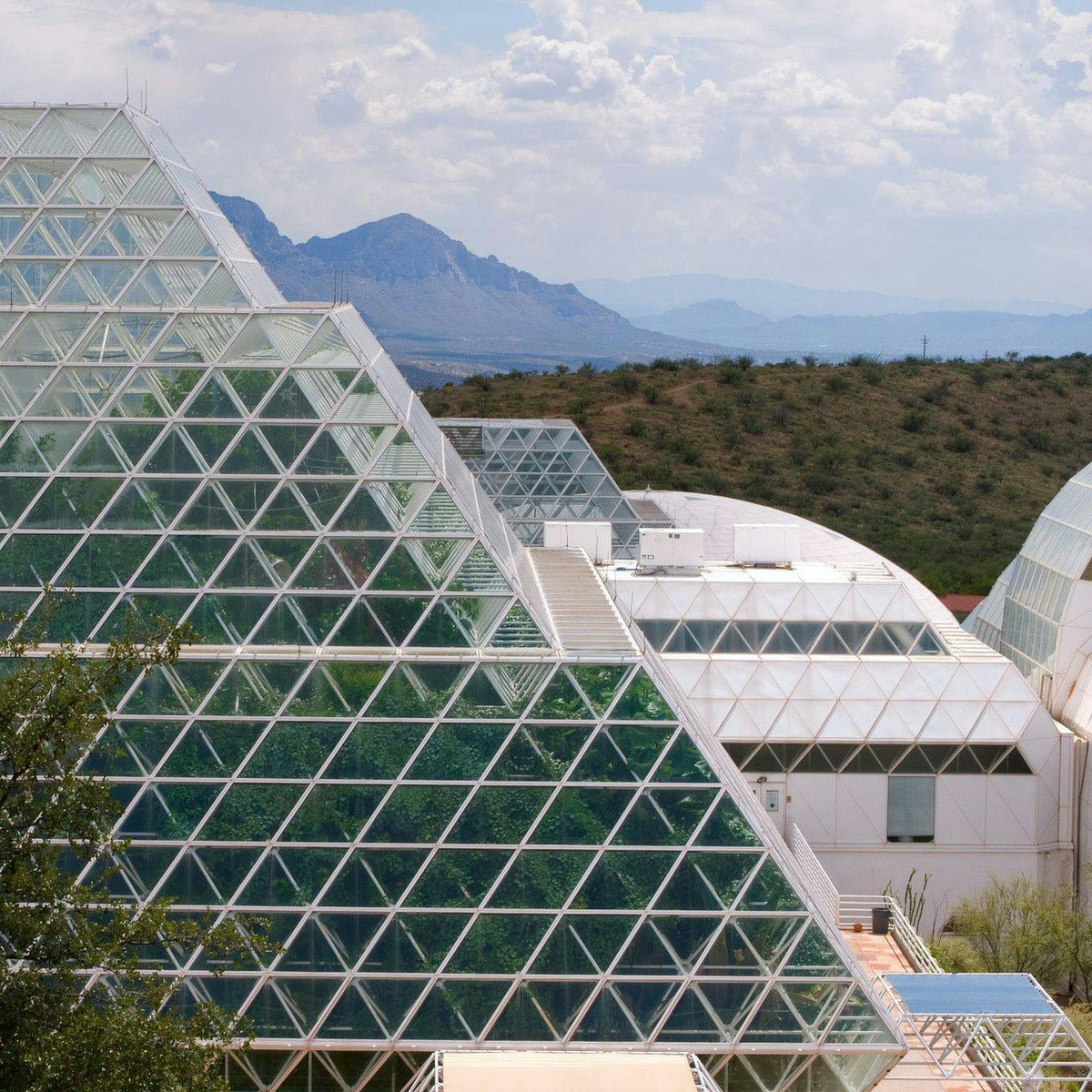
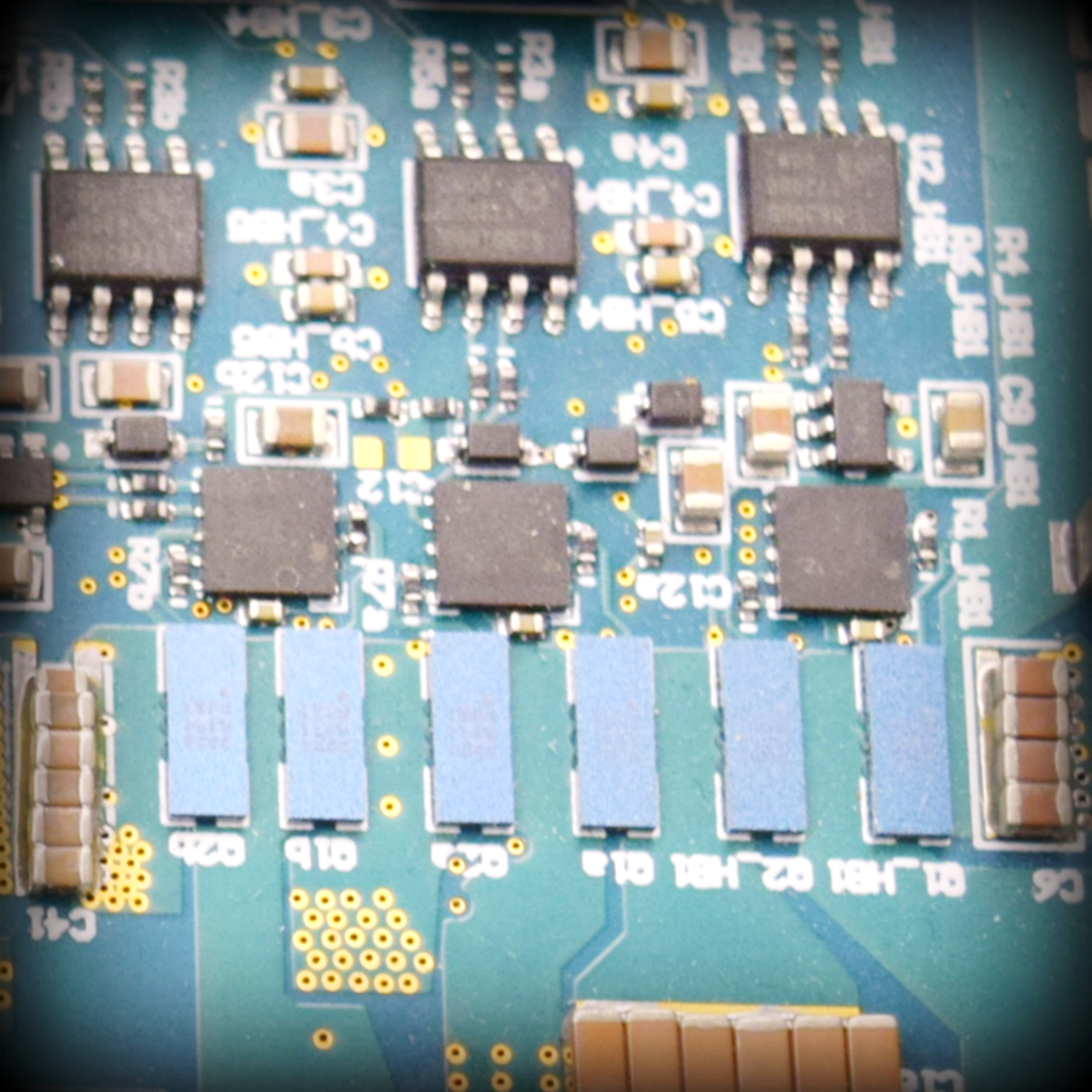


Physical Science And Engineering Courses - Page 20
Showing results 191-200 of 522
GIS Data Acquisition and Map Design
In this course, you will learn how to find GIS data for your own projects, and how to create a well-designed map that effectively communicates your message. The first section focuses on the basic building blocks of GIS data, so that you know what types of GIS files exist, and the implications of choosing one type over another. Next, we'll discuss metadata (which is information about a data set) so you know how to evaluate a data set before you decide to use it, as well as preparing data by merging and clipping files as needed. We'll then talk about how to take non-GIS data, such as a list of addresses, and convert it into "mappable" data using geocoding. Finally, you'll learn about how to take data that you have found and design a map using cartographic principles. In the course project, you will find your own data and create your own quantitative map.
Note: software is not provided for this course.

Sustainable Regional Principles, Planning and Transportation
This course will provide students with an introduction to sustainable regional principles, regional planning concepts and evaluate regional transportation system issues. This will be achieved through dynamic video lectures, practical case studies and the evaluation of practices for success. These will include discussions of the importance of the regional plan, how to engage community involvement, the importance of understanding a development transect and others. Strategies for growth priorities, along with consideration of available housing and food security will also be addressed. The concepts of providing a rural preserve and a rural reserve will be evaluated and mapping of key aspects of the region, such as neighborhoods and districts will be explained. Evaluation of regional transportation systems will be addressed including multi-mobile balance and building choices into the transportation system modes. The considerations for including a regional railway system along with accommodating user mobility and accessibility will be explored.
By the end of this course, you will be able to:
- Formulate the relationship between regional principles, smart growth, and sustainability.
- Evaluate growth priorities, community involvement and scale of governance to achieve sustainable smart growth.
- Evaluate and explain regional mapping of rural preserves, rural reserves, neighborhoods, and districts as important tools in regional smart growth planning.
- Describe the implications of mapping corridors and regional centers to the overall smart growth planning at the regional level.
This course is for :
- Government Officials involved planning, designing, monitoring, enforcement, and assessment of sustainable project developments at the local, state, and federal level.
- Private sector companies in the transportation and municipal design and construction business.
- Architects interested in advancing sustainable concepts for cities and communities.
- Foundations, associations, and other NGOs that support smart growth strategies.
- Academic faculty and students studying and researching community sustainability and resilience.
- Private citizens interested in improving their communities and living conditions.
The following list identifies background knowledge that will help you succeed in this course.
- helpful to have a general understanding of how public/private projects are planned and implemented
- have a strong interest or experience in planning and developing regional sustainable development plans
- familiar with how government organizations function in the areas of transportation planning and project development
- served as a volunteer committee member or leader on regional transportation projects and/or regional policy development initiatives
- have a background and interest in environmental protection plans and projects
- a general knowledge of regional transportation project planning and implementation
- general knowledge or experience in public participation in governmental policy development
- a strong interest and/or experience in improving the urban environment for the benefit of its citizens
- have a general knowledge of legal and policy issues involved in sustainable development
- have experience or general knowledge of social equity issues

Equivalent Circuit Cell Model Simulation
This course can also be taken for academic credit as ECEA 5731, part of CU Boulder’s Master of Science in Electrical Engineering degree.
In this course, you will learn the purpose of each component in an equivalent-circuit model of a lithium-ion battery cell, how to determine their parameter values from lab-test data, and how to use them to simulate cell behaviors under different load profiles. By the end of the course, you will be able to:
- State the purpose for each component in an equivalent-circuit model
- Compute approximate parameter values for a circuit model using data from a simple lab test
- Determine coulombic efficiency of a cell from lab-test data
- Use provided Octave/MATLAB script to compute open-circuit-voltage relationship for a cell from lab-test data
- Use provided Octave/MATLAB script to compute optimized values for dynamic parameters in model
- Simulate an electric vehicle to yield estimates of range and to specify drivetrain components
- Simulate battery packs to understand and predict behaviors when there is cell-to-cell variation in parameter values

Risk in Modern Society
Risk has become one of the defining features of modern society. Almost daily, we are preoccupied with assessing, discussing, or preventing a wide variety of risks. It is a cornerstone notion for businesses and organizations, but also for nation states and their many levels of government. And even for individuals, risk and the avoidance or embracing thereof, is a key theme.
The course Risk in Modern Society sheds light on the broad concept of risk. In five distinctive weeks, this course closely examines various types of safety and security risks, and how these are perceived and dealt with in a wide array of professional and academic fields, ranging from criminology, counter-terrorism and cyber security, to philosophy, safety and medical science. Developed in collaboration with scholars from three universities (Leiden, Delft and Erasmus), this course will search for answers to questions such as: “what is risk?”, “how do we study and deal with risk?”, “does ‘perceived risk’ correspond to 'real' risk?”, and “how should we deal with societal perceptions of risk, safety and security?

3D Model Creation with Autodesk Fusion 360
Design is the first phase in the digital manufacturing process. In this course, through a series of lectures and hands-on lessons, we’ll examine a designer’s approach to the design and manufacturing process—from concept to 3D model. We’ll start by applying design thinking to understand user needs, and then we’ll explore design criteria as we dive deeper into Autodesk® Fusion 360™ sketching, modeling, rendering, and documentation features.
Looking for Autodesk Fusion 360 certification prep courses? Check out additional learning resources to help you uplevel your skills: https://www.autodesk.com/learning

Fundamentals of GIS
Explore the world of spatial analysis and cartography with geographic information systems (GIS). In this class you will learn the basics of the industry’s leading software tool, ArcGIS, during four week-long modules:
Week 1: Learn how GIS grew from paper maps to the globally integrated electronic software packages of today. You will install ArcGIS on your computer and learn how to use online help to answer technical questions.
Week 2: Open up ArcGIS and explore data using ArcMap. Learn the foundational concepts of GIS, how to analyze data, and make your first map.
Week 3: Make your own maps! Symbolize data and create an eye-catching final product.
Week 4: Share your data and maps and learn to store and organize your data.
Take Fundamentals of GIS as a standalone course or as part of the Geographic Information Systems (GIS) Specialization. By completing the first class in the Specialization you will gain the skills needed to succeed in the full program.
Students who need an ArcGIS license will receive a non-commercial, 1 year student license for participation in this course and specialization.

Biosphere 2 Science for the Future of Our Planet
Are you ready to take an incredible journey around Planet Earth and beyond? In this course, you will delve into a world of innovative science and learn from a team of Biosphere 2 and University of Arizona researchers. From plants and soils, to oceans and rainforests, the Moon, Mars, and more, this course is an exciting opportunity for anyone interested in science and Earth stewardship.
Learn how a unique research station in the Arizona desert is used to investigate big ideas, such as how Earth systems interact, the effects of climate change, and what our future holds. Go back in time thousands of years with information locked in ancient trees, and travel into an imagined future where humans become Martians. Collect and analyze your own scientific data, discuss big questions with participants from around the world, and gain novel insights and understanding about our wonderfully unique planet.

Current-Mode Control
This course can also be taken for academic credit as ECEA 5708, part of CU Boulder’s Master of Science in Electrical Engineering degree.
This is Course #4 in the Modeling and Control of Power Electronics course sequence. The course is focused on current-mode control techniques, which are very frequently applied in practical realizations of switched-mode. Practical advantages of peak current mode control are discussed, including built-in overcurrent protection, simpler and more robust dynamic responses, as well as abilities to ensure current sharing in parallel connected converter modules. For peak current-mode controlled converters, slope compensation, and high-frequency effects are discussed in detail. Upon completion of the course, you will be able to understand, analyze, model, and design high-performance current-mode controllers for dc-dc power converters, including peak current-mode controllers and average current-mode controllers.
We strongly recommend students complete the CU Boulder Power Electronics specialization as well as Course #1 (Averaged-Switch Modeling and Simulation) before enrolling in this course (the course numbers provided below are for students in the CU Boulder's MS-EE program):
● Introduction to Power Electronics (ECEA 5700)
● Converter Circuits (ECEA 5701)
● Converter Control (ECEA 5702)
● Averaged-Switch Modeling and Simulation (ECEA 5705)
After completing this course, you will be able to:
● Understand the operating principles and benefits of current-mode control for dc-dc converters
● Model and design peak current-mode controlled dc-dc converters
● Model and design average current-mode controlled dc-dc converters
● Use computer-aided tools and simulations to verify current-mode controlled dc-dc converters

Mathematics for Engineers: The Capstone Course
Mathematics for Engineers: The Capstone Course provides a capstone project for students who are completing the Mathematics for Engineers specialization. Students will first learn some basic concepts in computational fluid dynamics, and then apply these concepts to compute the fluid flow around a cylinder. Access to MATLAB online and the MATLAB grader is given to all students who enroll.
Before enrolling, students should have already taken courses in matrix algebra, differential equations, vector calculus and numerical methods and be able to program in MATLAB.
The course contains 22 short video lectures and a full set of lecture notes. After each lecture there are problems to solve and at the end of the second and third weeks there is a substantial MATLAB programming assignment.
Download the lecture notes:
http://www.math.ust.hk/~machas/flow-around-a-cylinder.pdf
Watch the promotional video:
https://youtu.be/FlM1de9Sxh0
Machine Design Part I
“Machine Design Part I” is the first course in an in-depth three course series of “Machine Design.” The “Machine Design” Coursera series covers fundamental mechanical design topics, such as static and fatigue failure theories, the analysis of shafts, fasteners, and gears, and the design of mechanical systems such as gearboxes. Throughout this series of courses we will examine a number of exciting design case studies, including the material selection of a total hip implant, the design and testing of the wing on the 777 aircraft, and the impact of dynamic loads on the design of an bolted pressure vessel.
In this first course, you will learn robust analysis techniques to predict and validate design performance and life. We will start by reviewing critical material properties in design, such as stress, strength, and the coefficient of thermal expansion. We then transition into static failure theories such as von Mises theory, which can be utilized to prevent failure in static loading applications such as the beams in bridges. Finally, we will learn fatigue failure criteria for designs with dynamic loads, such as the input shaft in the transmission of a car.
Popular Internships and Jobs by Categories
Find Jobs & Internships
Browse
© 2024 BoostGrad | All rights reserved